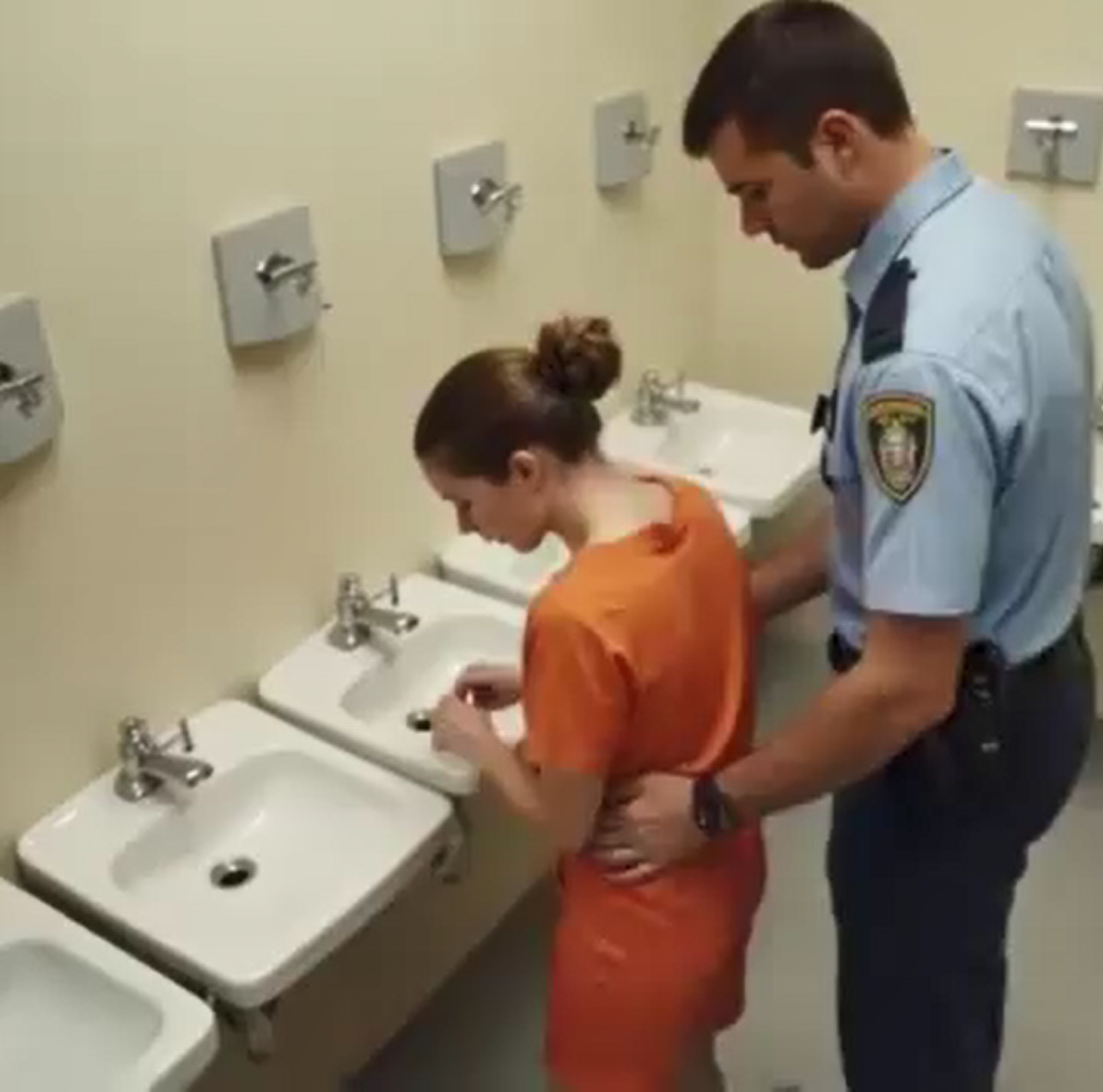In the bustling heart of the city, where the hum of traffic and the chatter of pedestrians filled the air, Officer Daniel Harper patrolled the streets with an unwavering commitment to his duty. Known for his dedication and integrity, he had earned the respect and admiration of his colleagues and the community alike. Yet, even the most vigilant can sometimes forget the omnipresence of technology in today’s world.
It was a particularly hectic afternoon when Officer Harper responded to a call about a disturbance at the local park. As he arrived, he found a small crowd gathered around an elderly man who seemed disoriented and upset. The man, Mr. Thompson, was a well-known fixture in the neighborhood, often seen feeding the pigeons or chatting with passersby. Today, however, he seemed confused and agitated, struggling to find his way home.
Officer Harper gently approached Mr. Thompson, speaking in a calm and reassuring voice. “Hello, Mr. Thompson. It’s Officer Harper. How can I help you today?”
The elderly man looked up, relief washing over his face as he recognized the familiar figure. “Oh, Officer Harper! I’m afraid I’ve forgotten my way. Everything seems so different today.”
Understanding the situation, Harper offered his arm to Mr. Thompson. “Let’s get you home, sir. Don’t worry; I’m here to help.”
As they walked through the park, Harper engaged Mr. Thompson in light conversation, discussing the weather and the pigeons they passed by. It was a simple gesture, but one that brought comfort to the elderly man, and soon his anxiety began to dissipate.
What Officer Harper had forgotten in this moment of compassion and service was the security camera mounted on a nearby lamppost, silently recording the entire interaction. The camera, meant to deter crime and ensure public safety, captured the officer’s kind and patient demeanor as he assisted Mr. Thompson—an unintentional testament to Harper’s character.
Upon reaching Mr. Thompson’s modest home, Harper ensured the man was safely inside and had everything he needed before departing with a friendly wave. The incident, though routine for Harper, left a lasting impression on Mr. Thompson and those who had witnessed the exchange.
Unbeknownst to Harper, the footage from the security camera had been monitored by a local security officer who was deeply moved by the scene. Recognizing the rarity of such genuine acts of kindness in a world often consumed by chaos and indifference, the officer decided to share the footage with his superiors.
Soon, the video found its way to social media, where it quickly went viral. People from all over the city, and eventually the country, were touched by the simple yet profound act of kindness displayed by Officer Harper. Within days, the city held a small ceremony to honor him, celebrating not only his service but also the humanity he showed in a moment he thought was unseen.
Officer Harper, taken aback by the attention, humbly accepted the recognition. “I was just doing my job,” he said, his cheeks tinged with embarrassment. “We all have a duty to look out for one another, and that’s what I did.”
In a world where negativity often dominates headlines, Officer Harper’s story served as a reminder of the good that exists and the impact of everyday actions. The forgotten camera had captured more than just an officer doing his job; it had preserved a moment of pure humanity that inspired countless others to see the world—and each other—with more compassion and understanding.
